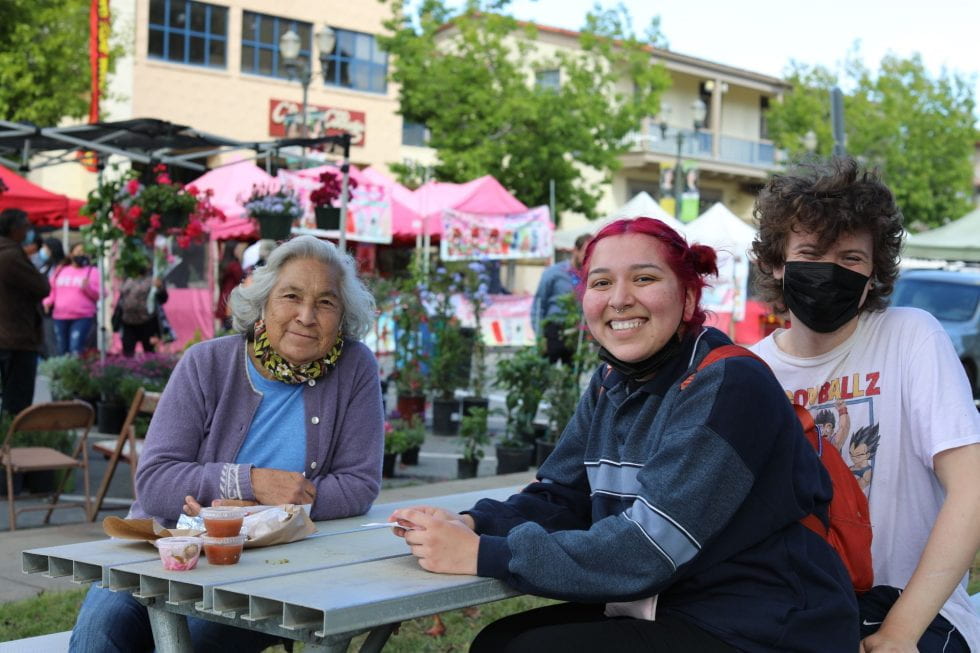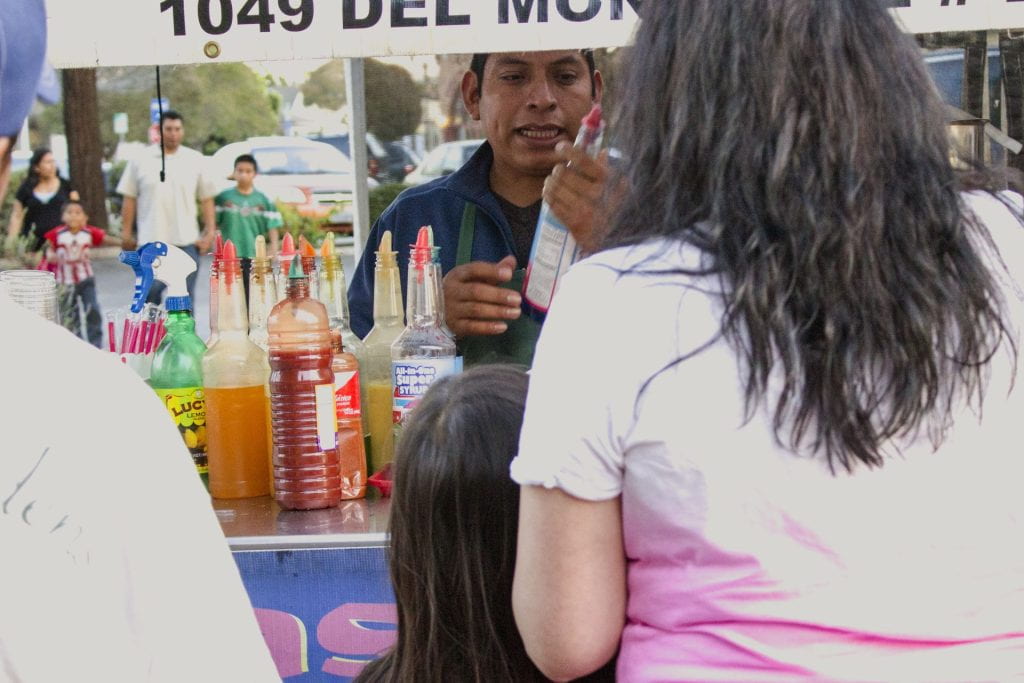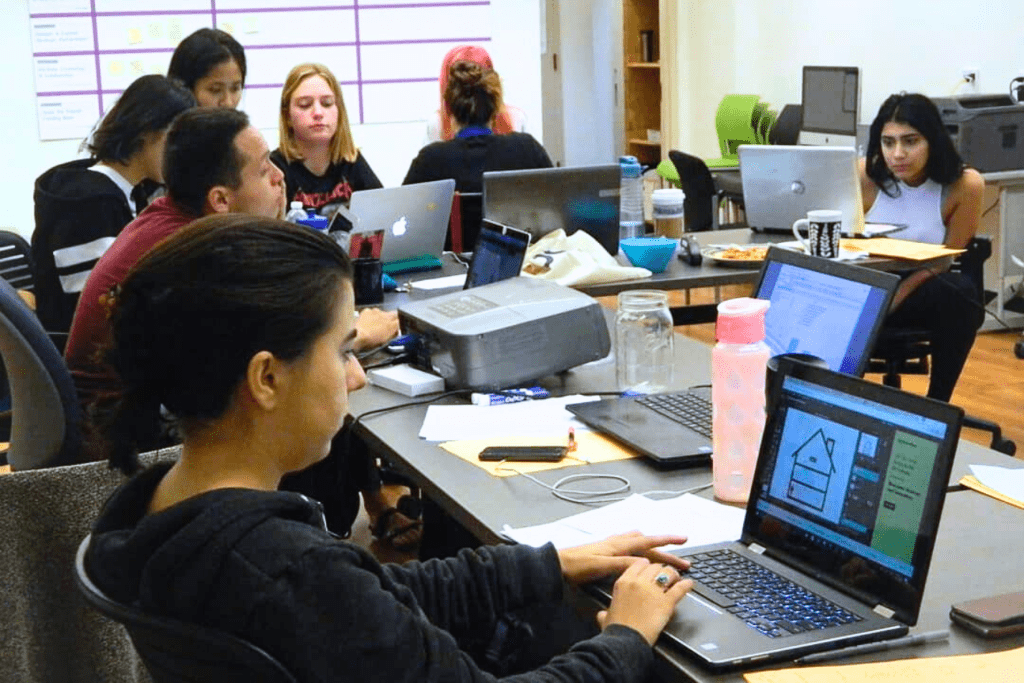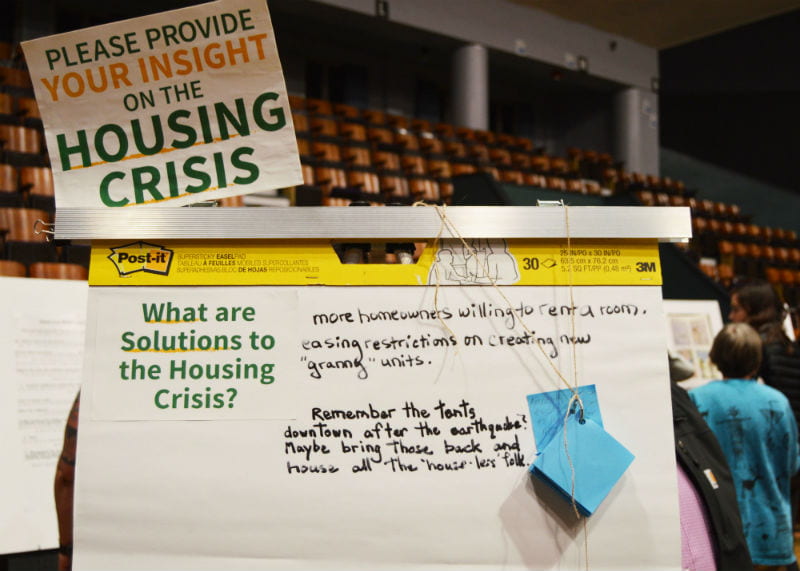
We Belong (Pertenecemos)
“We Belong” is a collaborative research project established at UC Santa Cruz, stemming from the ongoing campus-community initiatives: the Community-based Action Research and Advocacy (CARA) Program, directed by Dr. Leslie Lopez, and the No Place Like Home project, co-led by Prof. Steve McKay.
These programs engage and train undergraduate researchers and maintain enduring partnerships with community organizations. Notably, the project collaborates with leading anti-poverty groups, including the Community Action Board/Thriving Immigrants Collaborative, Community Bridges, and United Way/Jovenes Sanos, which are deeply involved in supporting local immigrant communities.
The primary motivation behind “We Belong” is to address the pressing need for comprehensive research on the experiences of immigrant families. This research aims to enhance the services provided to these communities and facilitate advocacy efforts, a need underscored by the changing landscape of national immigration policies and the apprehensions harbored by immigrant communities.

Working for Dignity
The “Working for Dignity” project delves into the evolving landscape of work and its impact on human dignity. It recognizes work as a fundamental source of self-worth and respect, yet acknowledges the significant changes in the economy and job nature in recent decades.
Despite the aftermath of the Great Recession, new inequalities have emerged, particularly in California. While some have secured high-paying jobs in the tech sector, an increasing number of workers find themselves in low-wage and precarious positions within the service industry. These jobs often lead to poverty, exhaustion, harassment, and diminished dignity, with limited opportunities for advancement.
The project raises the fundamental question: Is there still dignity in work? It seeks answers through the perspectives, images, and stories of workers themselves. Additionally, it serves as a valuable resource for workers, students, teachers, and the community by providing information about low-wage work in Santa Cruz County, offering guidance on addressing workplace issues, and outlining steps to promote fairer labor conditions.
No Place Like Home

“No Place Like Home” is a research project centered at UC Santa Cruz that focuses on the affordable housing crisis in Santa Cruz County. It originated from two ongoing research initiatives: “Critical Sustainabilities,” led by Miriam Greenberg, and “Working for Dignity,” led by Steve McKay. This project was initiated by community partners working with low-income residents who identified affordable housing as a critical need in the region.
Research showed that the lack of affordable housing was a primary driver of Santa Cruz County’s high poverty rate, which stood at 22%. However, there was a lack of data and representation concerning how low-income renters experience this housing crisis and its various impacts on the community.
“No Place Like Home” was launched in Fall 2015 to address these issues. It has employed a range of quantitative and qualitative research methods conducted by UCSC undergraduate students, faculty, graduate students, and research centers.
These methods included a renter survey with 1,737 respondents, historical and policy analysis, targeted interviews, creative nonfiction, audio documentaries, photography, and data visualization. Students who conducted surveys and interviews collaborated closely with community partner Community Bridges to gain an in-depth understanding of renters’ challenges and organized activities to address these issues.
Read the full report on our resources page.

